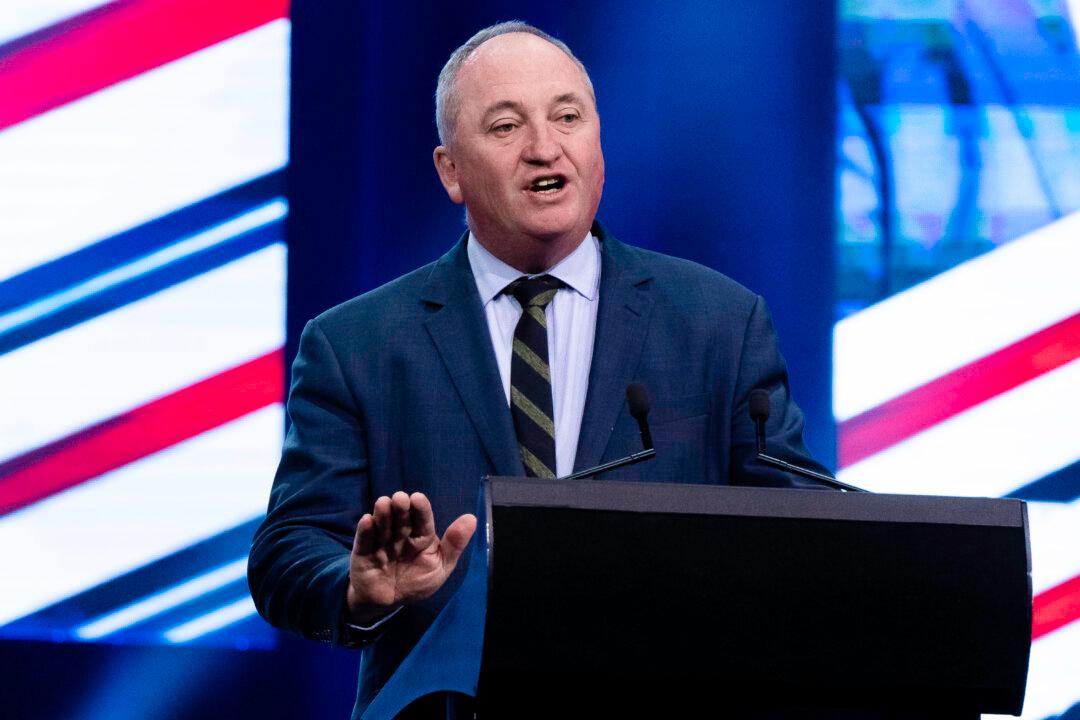Australia could finally win a rugby game if New Zealand becomes its seventh state, former Deputy Prime Minister Barnaby Joyce has said about the recently revived debate about merging the two countries.
Mr. Joyce said while Kiwis wouldn’t be in favour of such a merger, the idea should be floated for consideration.





